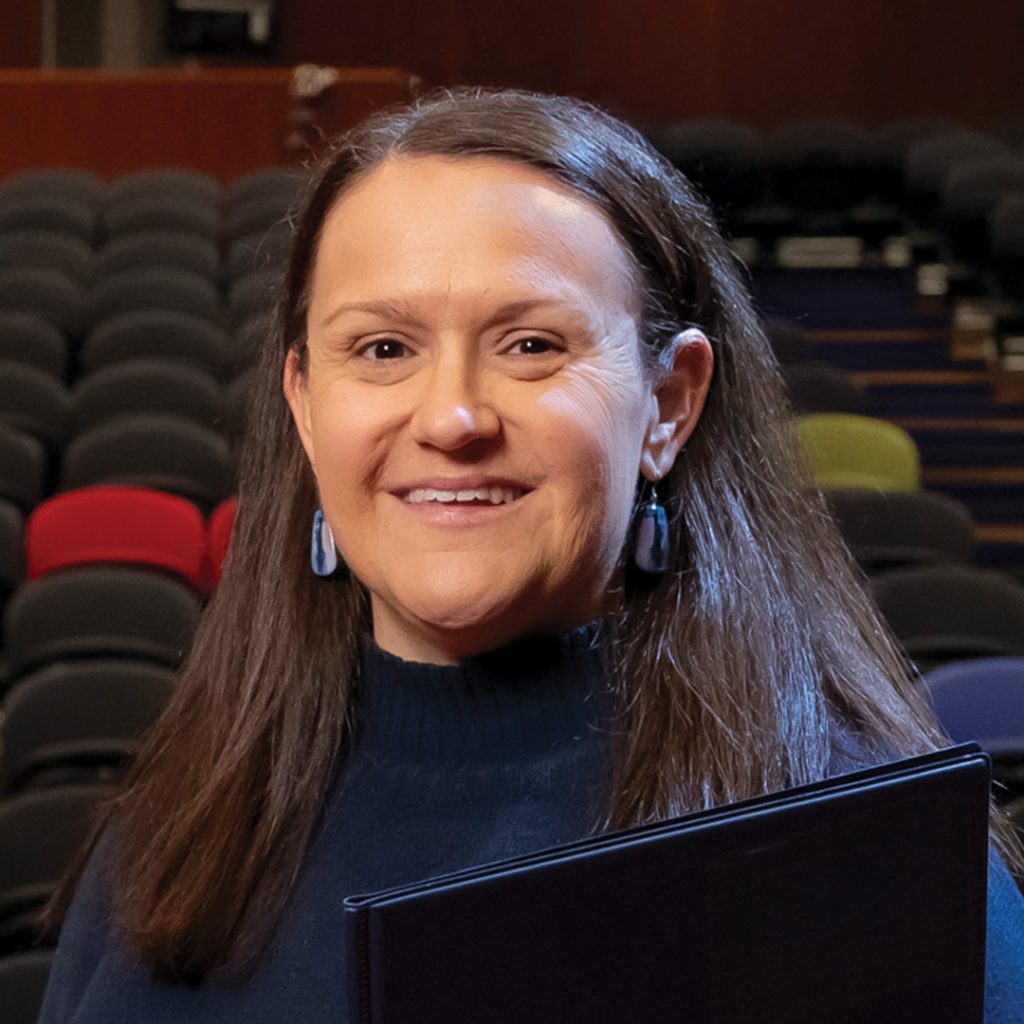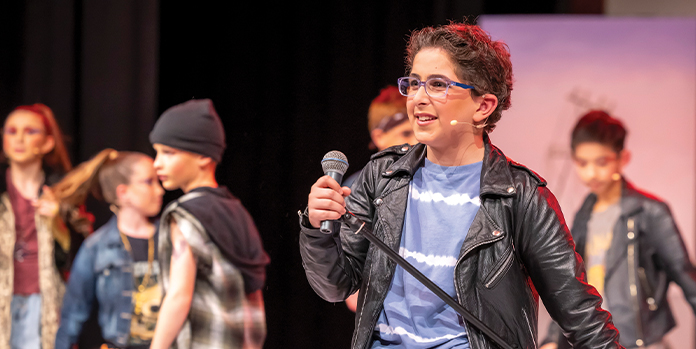The full benefits of music education aren’t always visible at the time a student is learning to sing or play their first instrument.
Over the longer term, however, researchers see significant benefits in terms of higher-order cognitive and social skills that can be traced back to the music classroom and studio.
The surprising links to cognitive skills
According to neuromusical researcher Dr Anita Collins, author of The Music Advantage, music education has benefits across working memory, the development of complex spatial skills, impulse control, and reading comprehension, to name just a few areas.
“After the music processing network gets going, the language processing network jumps on board and starts using the same pathway to process language sounds,” Dr Collins recently told the ABC.
This is why it’s common for students who have spent time developing musical skills to excel at learning languages other than English.
Of course, music is its own kind of language that requires the translation of musical notation into the actions of the body. And, as we learn to read music, we are also learning an entirely new vocabulary of instructions – “ritardando” asks us to slow down, “fortissimo” to play louder. This new language gives us the ability to translate a composer’s intention into an experience for our audience.
Mathematics is another area where our younger students gain confidence through engaging with music. To be able to play an instrument or sing in a choir, we need to understand the relationships between different types of notes, such as whole notes, half notes, and quarter notes, and how they work together to create rhythms, melodies, and harmonies.
As students become more familiar with these patterns in music, mathematical pattern recognition – an important aspect of mathematics – also improves.
Social benefits beyond the classroom
When it comes to developing complex spatial skills, even the fact that young musicians learn to use both hands to perform different tasks simultaneously has significant benefits. This action strengthens the area of the brain called the ‘corpus callosum’, which is the structure that connects the brain’s two hemispheres. Students’ problem-solving abilities and fine motor skills are therefore improved through this simple yet, sometimes, challenging musical action.
Alongside these many cognitive benefits, music education also has positive impacts on our younger students’ social skills.
As part of a choir or ensemble, students learn the importance of listening closely to the people around them, and how essential it is to work together if a performance is to succeed. Of course, stronger social connections, stress relief, and the release of endorphins are all part of the experience of playing music with others too.
Not all students will go on to become professional musicians, but all will continue to draw on the skills they learn in the music classroom.
The dedication required to practice a piece of music teaches time management and patience.
Even small moments of performance in front of a class or teacher give students the chance to work through nervousness, accept mistakes, and problem-solve in the moment.
The confidence and resilience students gain through these experiences will serve them as they move toward secondary school, and beyond.

Head of Performing Arts, Grimwade House
About Sarah Pyle
Sarah Pyle joined Melbourne Grammar School at the beginning of 2024, taking on the role of Head of Performing Arts at Grimwade House. Sarah brings experience as assistant principal at two secondary schools to her role.
She holds a Bachelor of Music (Honours) from the University of Queensland, and a Master of Education (International Education) from the University of Sydney.



